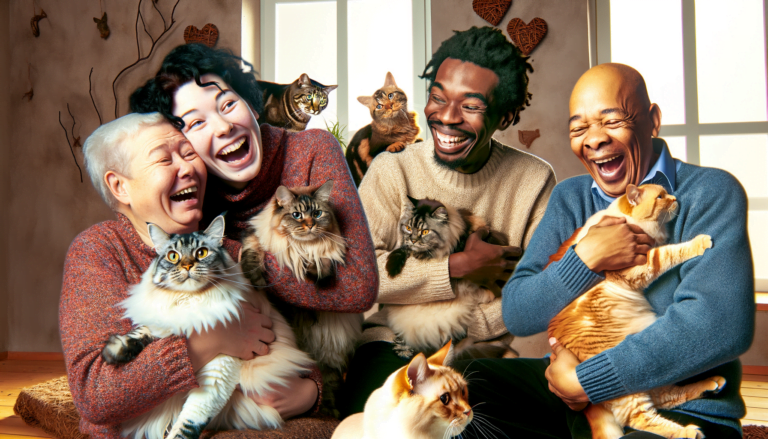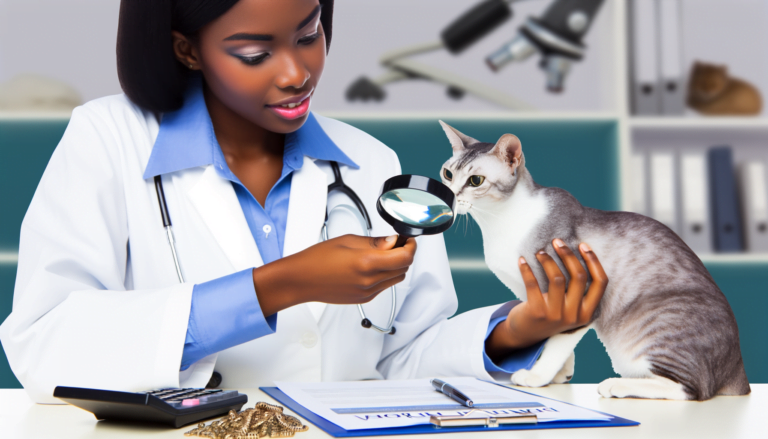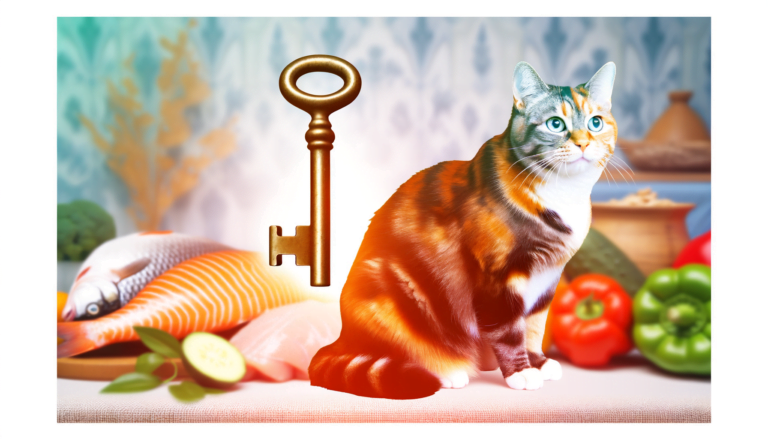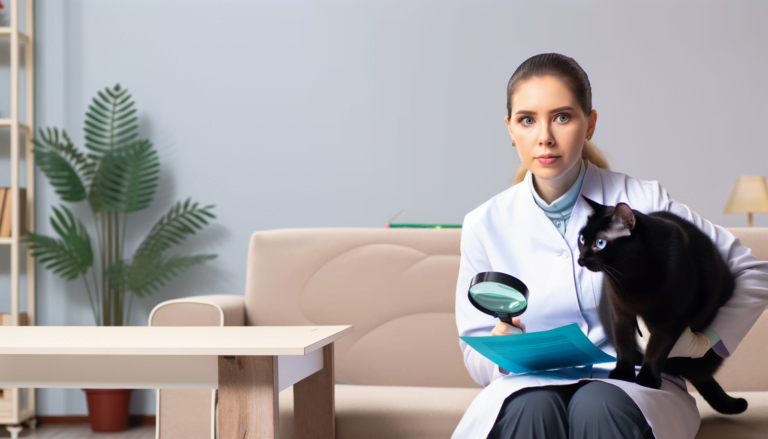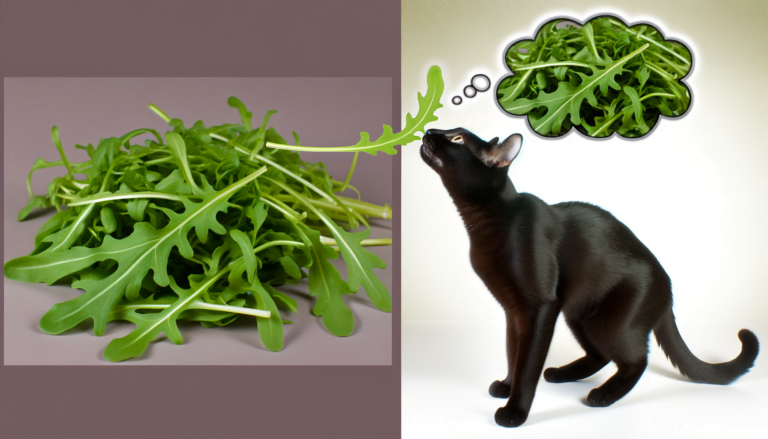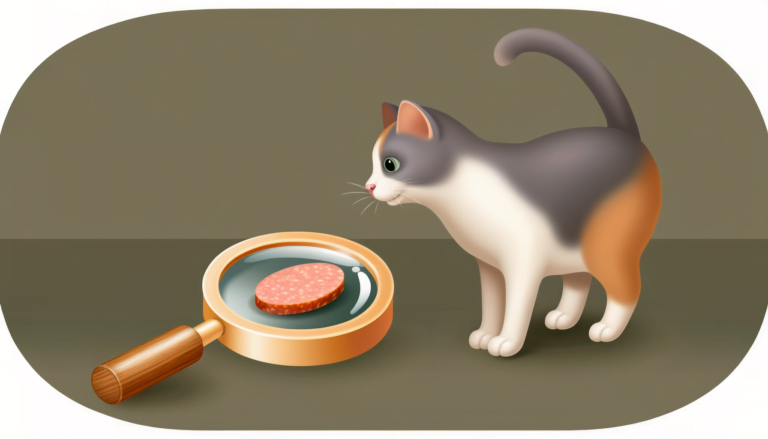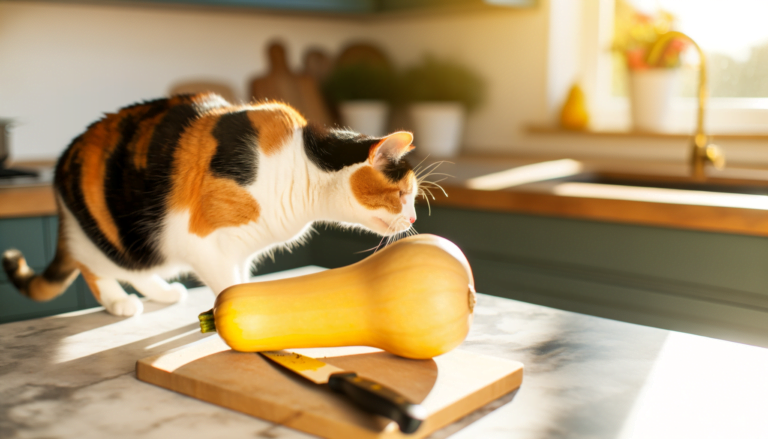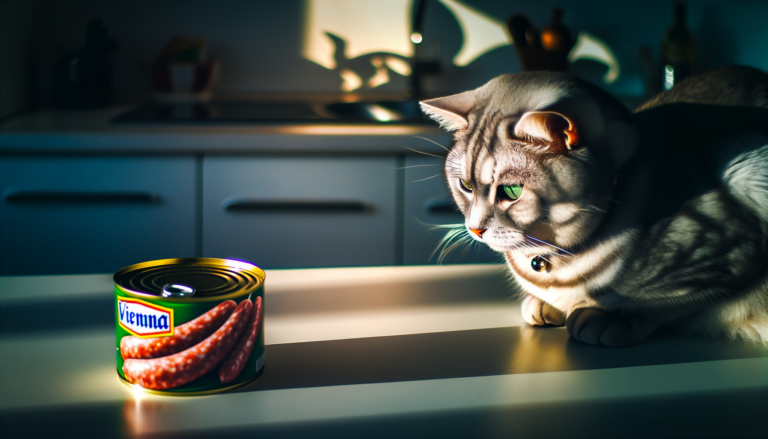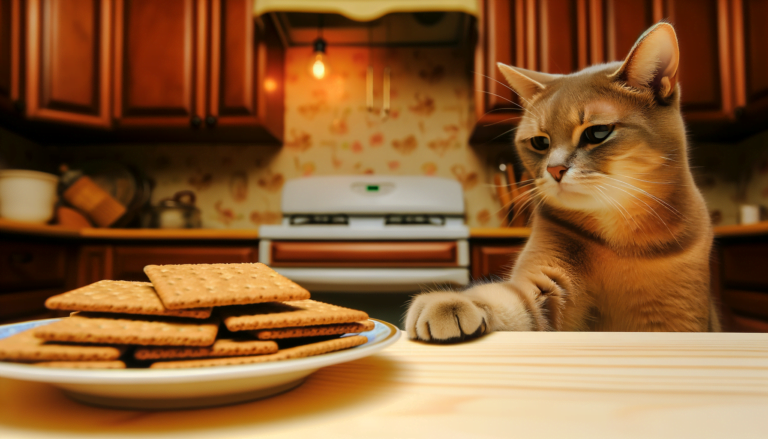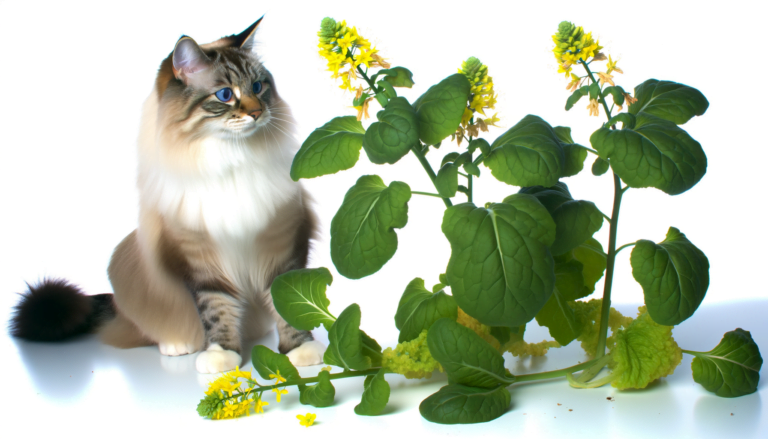Unleashing Feline Power: The Health Benefits of Owning Cats
Cats can positively impact your health in numerous subtle yet significant ways. The soothing purring of a cat can help reduce stress and anxiety, sparking a relaxing effect that can lower blood pressure and decrease the risk of heart attacks. The physical engagement of petting a cat can also generate calming endorphins, similar to a meditative state. Additionally, a cat’s natural routine of playfulness can encourage physical activity in its owner, contributing to overall fitness. Furthermore, growing up with a cat can even bolster a child’s immune system, helping to prevent allergies and the common cold. Therefore, owning a cat presents unsung benefits, adding not just companionship but a holistic enhancement to an owner’s health.
